Africa/ 24.09.2019/ Source: www.savethechildren.net.
- Surveys from toughest places on earth reveal top priorities for children in crisis
- School ranks far higher than immediate needs like food, water and shelter
- But education allocated just 2% of funding in humanitarian emergencies
- 262 million children – one in five globally – denied an education
- Children struggling to survive in the aftermath of Typhoon Haiyan in the Philippines;
- Child refugees from Syria and Afghanistan;
- Children living in conflict zones in the Democratic Republic of Congo;
- Rohingya children in refugee camps in Bangladesh;
- Children displaced by fighting in Ethiopia and South Sudan.
One child fighting against the odds to get an education is 10-year-old Ali from Idlib, Syria. He and his family fled their village to escape fighting. When they returned home, Ali’s school was in ruins after being hit by an airstrike. Nearly half of the schools in north west Syria are currently out of action. [3] Ali said:
«I saw my school was destroyed and broken down and it made me so sad. My friends and I, we will go back and study in it. I love my school – my wish is that it does not get bombed and destroyed again. We will rebuild it and make it better than before. I love to study. I want to become a doctor to treat people who are in need and serve my country.»
Save the Children’s analysis of UN data shows that – far from recognising children’s priorities at times of crisis – humanitarian aid for education trails far behind other sectors.
Just two per cent of funding for countries grappling with emergencies was allocated to education last year. That represents half the levels earmarked for medical care, and one tenth of the support dedicated to providing supplies of food. [4]
262 million children, one in five globally, are out of school, many of them due to sudden or protracted crises like wars, outbreaks of disease or natural disasters.
But, at current rates, the United Nations estimates 225 million children will still be out of school in 2030 due to stagnating levels of education aid globally. [5]
This week Save the Children is calling for world leaders to dramatically boost the funding available for education in emergencies through Education Cannot Wait (ECW), the first and only global fund dedicated to providing education in countries affected by crisis. [6]
In August the UK committed £90 million to the fund, and called for other wealthy governments to follow suit by dedicating more of their aid budgets to global education.
Other commitments of funding for the ECW are expected to be announced at a meeting at the UN General Assembly on Wednesday (September 25).
Save the Children’s Head of Education Policy, Joseph Nhan-O’Reilly, said:
“What children have been telling us is clear and unambiguous. Even when food is scarce, water dirty and medical care almost non-existent, children still want to go to school.
“They know an education will give them the skills they need to escape a crisis. They know it protects them from child marriage, exploitation and abuse. They understand it helps them recover from trauma.
“Children want more than to simply survive. Education gives them the power to build a better future.”
NOTES TO EDITORS:
[1] A vital part of Save the Children’s work is to ask children what they need. This helps to inform our own priorities and influence the priorities of others. We reviewed data from rapid field surveys by aid workers stretching back more than a decade, encompassing the hopes and fears of more than 8,000 children in the toughest places on earth. While most surveys we analysed were records of small group discussions, quantitative data was available from six countries between 2013 and 2018, from a combined total of 1,215 children aged 5-18. A simple average was calculated across the studies.
[2] All other priorities children identified were: clothing (3%), sport and leisure activities (3%), safety (2%), family (1%), insecurity (1%), phones (1%), transportation (1%), collecting firewood (1%), and unspecified concerns (4%).
[3] Out of the 1,193 schools in north west Syria, 635 continue to be operational, 353 have been abandoned or damaged, and 205 are being used as collective shelters, according to analysis by Save the Children partner Hurras Network in August 2019.
[4] International donors provided a total of more than $25 billion in humanitarian aid in 2018, according to the UN’s Financial Tracking Service (FTS). $606 million (2.41%) was allocated to education, $1.5 billion (5.98%) to health and $6 billion (23.85%) to food security,
[5] UIS data for the school year ending 2017, the latest available, shows 262 million children were out of school, or 18% globally. Estimates from UNESCO suggest 225 million children will still be out of school by 2030 without urgent action, missing a global commitment to get every child into education by that date.
[6] Since its establishment in 2017, the little-known Education Cannot Wait (ECW) fund has reached nearly 1.5 million children and young people – half of them girls – in 31 crisis-affected countries. Over the next four years, ECW needs to raise $1.9 billion to ensure 8.9 million children caught up in humanitarian emergencies get to go to school.
[7] Save the Children exists to help every child reach their full potential. In the UK and around the world, we make sure children stay safe, healthy and keep learning, so they can become who they want to be.
Source of the notice: https://www.savethechildren.net/news/children-crisis-want-education-more-money-food-or-water
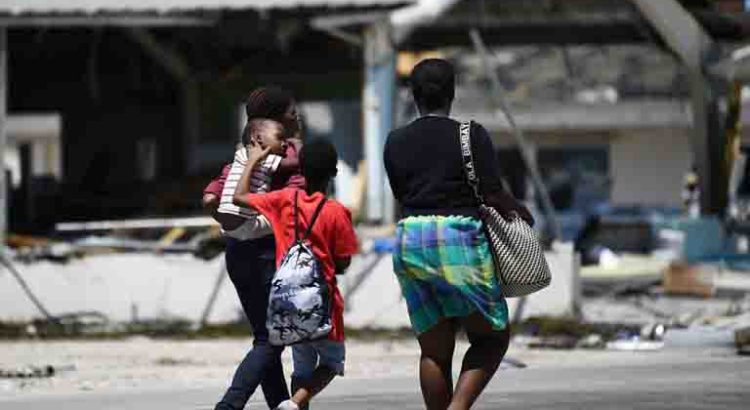
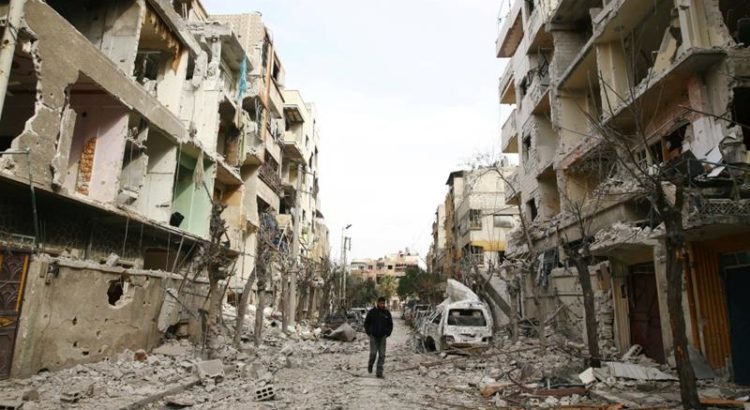
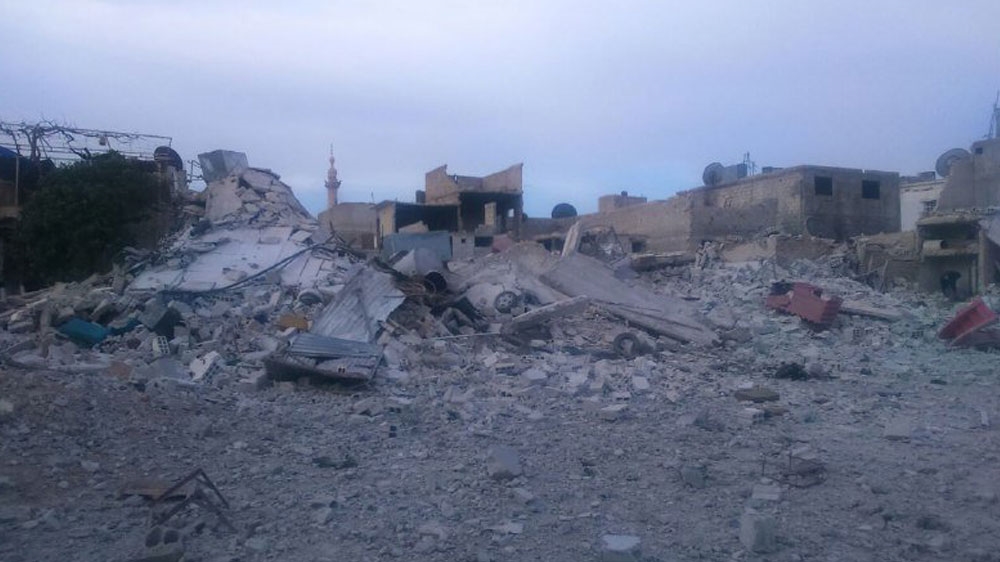
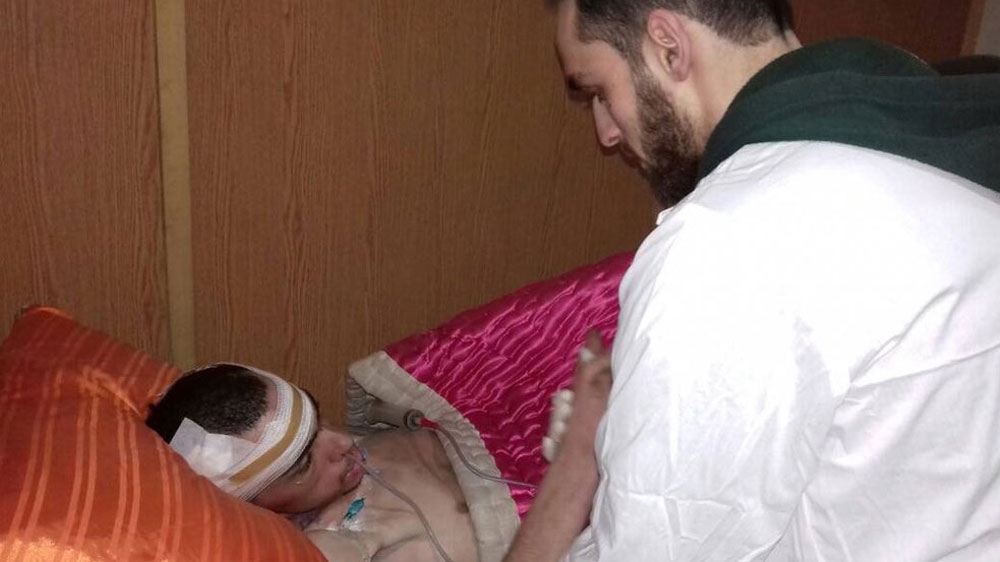
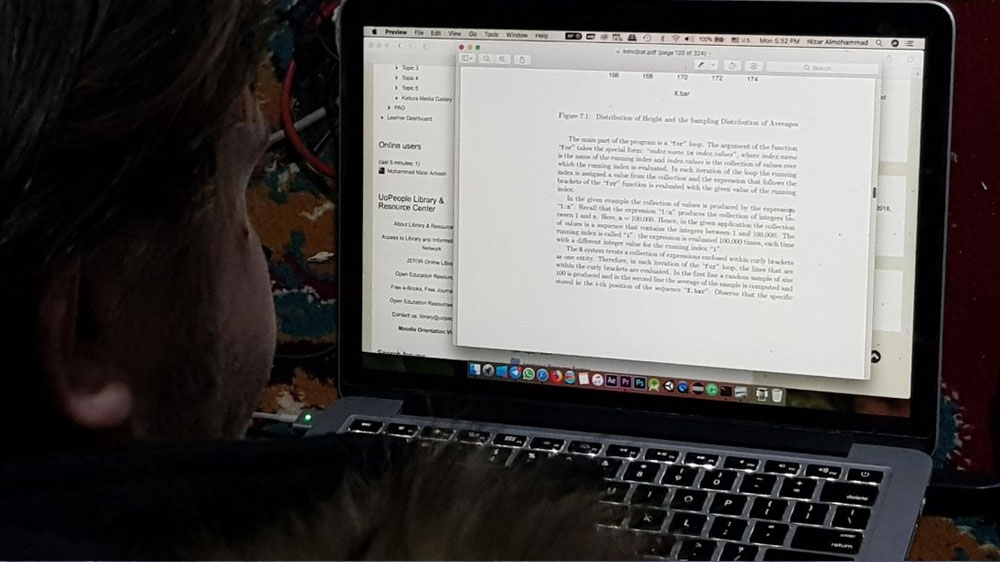
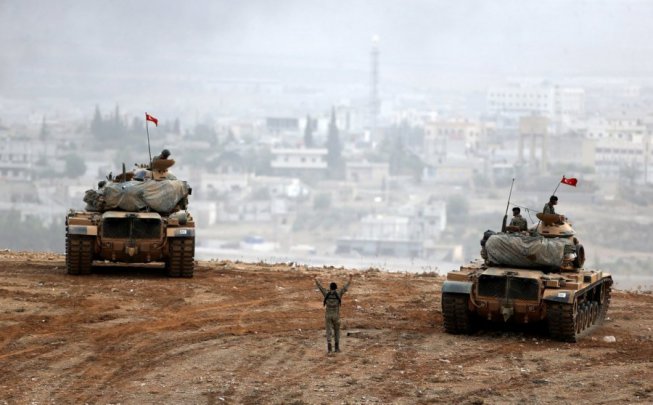






 Users Today : 302
Users Today : 302 Total Users : 35459897
Total Users : 35459897 Views Today : 482
Views Today : 482 Total views : 3418454
Total views : 3418454